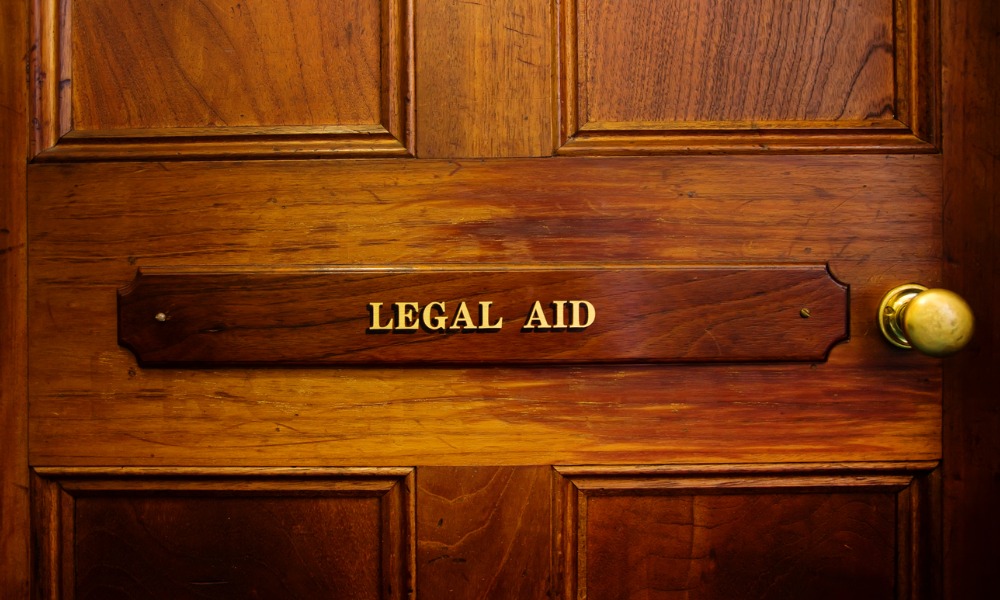
Report shows $484 million in funding per year is required to meet unmet demand for legal aid

The National Legal Aid (NLA) has released a report highlighting the critical need for a substantial boost in funding for legal assistance services in Australia.
The “Impact Economics Justice on the Brink” report commissioned by the NLA found that $484 million in funding per year is required to meet the unmet demand for Legal Aid by expanding the availability of family and civil law, providing greater access under the means test, and increasing private practitioner fees.
The report showed that population growth and increasing legal needs drove the demand for legal aid. New data demonstrated that the number of people accessing Legal Aid Commission websites and hotlines across Australia has doubled and tripled in recent years.
Law Council of Australia president Luke Murphy emphasised that legal assistance services are under-resourced and unable to keep up with demand, which creates a huge justice gap in Australia. "Whether it is challenging an unfair social security decision, addressing workplace discrimination, combating elder abuse, or dealing with family violence, these services are fundamental to ensuring Australians can thrive in the community," Murphy said.
The report comes as the Commonwealth Government reviews the National Legal Assistance Partnership, an agreement that funds the legal assistance sector. The report found investing in legal aid would deliver $600 million in economic and social benefits in return, including cost savings from dispute resolution, improved livelihood, reduced pain and suffering, and avoided costs to the government.
Failing to fund legal aid would deny people access to justice, said National Legal Aid executive director Katherine McKernan. “Legal Aid remains chronically underfunded,” she said. “There is a longstanding gap between legal assistance need and legal assistance funding.
Funding for the sector has fallen despite a 2014 Productivity Commission report recommending $200 million in additional Commonwealth funding, McKernan further said. “This unmet legal need disproportionately impacts disadvantaged communities, including First Nations people, people living with disability, and poorer people,” McKernan added.
Murphy stressed the immediate need for a funding injection, particularly in regional and remote communities where it is becoming increasingly not viable for the private profession to support legal aid clients. Murphy also said that, as an Independent Review of the National Legal Assistance Partnership (NLAP) is underway, the findings of the Justice on the Brink report support the Law Council's call for the Commonwealth to restore its share of funding for Legal Aid Commissions back to 50 per cent.
The report is available on the National Legal Aid website.